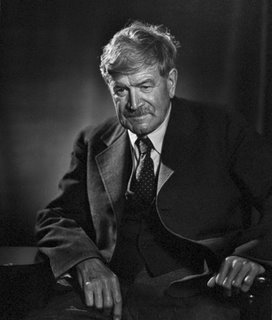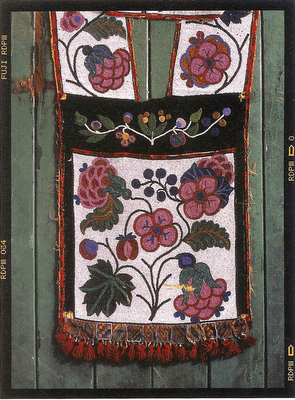Dever writes the following.
- ... those older than me who are complementarian generally want to downplay this issue, and those younger than me want to lead with it, or at least be very up front about it.
- The older group is among peers who see women's ordination as an extension of civil rights for people of different races.
Civil rights for people of different races was an extension of the recognition of equal spiritual authority for women.
No matter what Dever's assessment is of the Quaker movement today, let him know that Quakers acknowledged the right of women to speak in the assembly before their anti-slavery thrust.
In a post that I wrote in March, I mentioned Women Speaking 1666., written by Margaret Fell, the wife of George Fox, founder of the Quakers.
Here is the beginning of the Quaker Testimony to Equality.
- The Quaker testimony to equality stems from the conviction that all people are of equal spiritual worth. This was reflected in the early days of Quakerism by the equal spiritual authority of women, and by the refusal to use forms of address that recognised social distinctions. Equality is also a fundamental characteristic of Quaker organisation and worship, with the lack of clergy and any formal hierarchy.
- Before the eighteenth century, very few white men questioned the morality of slavery. The Quakers were among these few. The doctrines of their religion declared an issue such as slavery to be unjust. By 1775, the Quakers founded the first American anti-slavery group. Through the 1700s, Quakers led a strong-held prohibition against slavery.
- The Quakers’ fight inspired growing numbers of abolitionists, and by the 1830’s abolitionism was in full force and became a major political issue in theUnited States.The Quakers were radical Christians. They believed that all people were equal in the sight of God, and every human being wascapable of receiving the "light" of God’s spirit and wisdom. They also were against violence.
- Quakers were known for their simple living and work ethic. Therefore, to the Quakers, slavery was morally wrong.It was as early as the 1600s that Quakers began their fight against slavery, and thus the beginning of the abolitionist movement.They debated, made speeches, and preached to many people. By 1696, they made their first official declaration for abolitionism in Pennsylvania, in which they declared they were not going to encourage the importation of slaves.
How dare Christians of other denominations wrest the anti-slavery movement out of its rightful origin? Does no one remember how the Quakers were persecuted by other Christians for their anti-slavery actions?
How long before those of us who are over 50 come to see the younger generation as revisionists and ideologues with no respect for fact?
How many errors will it take before someone signs a few preachers up for History 101?
Dever also writes this about the older group who wish to downplay complementarianism.
- Normal for the older group is evangelicals as upstanding members of the society. They are mayors and bankers and respected persons in the community. The tendency is natural to do what would be culturally acceptable, as much as is possible (parallel to John Rawls and his idea of publicly accessible reasons).
Update: My apologies to Dever. I have rethought this post and now admit that older complementarians are probably equally ignorant of the Quaker origins of the abolition movement.







